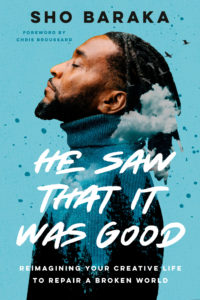 As our world becomes more divided and we seek to reconcile with ourselves and our neighbors we know we need God more than ever. But how can we hear and follow God in the midst of our fractured reality in ways that are faithful and life-giving? UrbanFaith sat down with the artist, activist, and creative Sho Baraka to talk about his new book He Saw That It Was Good, which helps us think through some of the most pressing questions of our world to see the beauty and purpose of God’s creation expressed in our lives. The full interview is above and the excerpts below have been edited for clarity and length.
As our world becomes more divided and we seek to reconcile with ourselves and our neighbors we know we need God more than ever. But how can we hear and follow God in the midst of our fractured reality in ways that are faithful and life-giving? UrbanFaith sat down with the artist, activist, and creative Sho Baraka to talk about his new book He Saw That It Was Good, which helps us think through some of the most pressing questions of our world to see the beauty and purpose of God’s creation expressed in our lives. The full interview is above and the excerpts below have been edited for clarity and length.
Allen
Hello UrbanFaith. We have with us one of our very own gems of our generation, as I like to say, an artist and activist. He’s a historian. He’s an author now, and that is Mr. Sho Baraka. With his book, He Saw That It Was Good. And we’re going to be able to talk with him about this book, what it was that he’s thinking, and how he’s thinking through these things, because I just feel like he’s got wisdom to drop for us today. So Sho, good to have you.
My first question for you is one of the ones that people ask all the time, I know you as an artist. A lot of people have encountered you in that space. What made you decide to write down your thoughts in this book and continue to integrate your art in this form?
Sho
I think ever since I recognized that I was a creative, I think I’ve always wanted to write. As a young child, I wanted to write novels, short stories. But like my own experience, as I got older, I got introduced to hip hop and poetry from the Harlem Renaissance. And my desire for art kind of moved towards poems and music. And so I pursued more hip hop than I did writing and poetry. But I got to a place where I felt like there were there were some things that music couldn’t really quite communicate. And when we got around 2016, the political landscape started to get real divisive. People were shouting at each other, friends became disintegrated. And I said, you know, music is great, music has this place of disarming people and communicating things in ways that are really helpful to society, getting us to reimagine our world. But I feel like, I need to communicate a very straightforward, more poignant message, and also exercise these muscles that I’ve always wanted to exercise. And so in 2016, is when I really [started] to process through. All right, I think I want to write a book. The question was, what type of book?
And a lot of people wanted me to write a book about race. Because I talked about race a lot. A lot of people wanted me to write a book about politics, because I wrote about politics sometimes. But the reality of it is I’m no expert in either one of those arenas. And so what I wanted to do was say: well, what is my personal, ethical, and theological approach to work? Creativity in telling stories, which is informed by race, which is informed by politics, which is informed by our personal experiences, and therefore I can talk about race, I can talk about politics, I can talk about creativity. But ultimately, I want to show how all of those things affect how we work, and how we and how we create and tell stories in this book.
Allen
I love it. You mentioned how you’re bringing in so many different things. You talk about race here, you speak, you do poetry, you do short stories in here. You’re bringing in history, you’re talking about creativity and theology. And I would say that that makes this a true theological work because us understanding God and ourselves is multiplicity, right? And so I wonder why do you think that’s important that you’re able to bring together all those different pieces of yourself? In order to share a message why is it important that we do that kind of work?
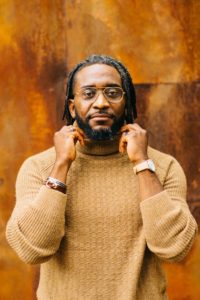
Sho
Yeah, I think you hit on it. I think oftentimes in theological posture in America, we’ve separated. Really, we’ve created a bifurcation of the body and spirit. You know, like there’s there’s ways to fake it and there’s ways to be. And I think Jesus very much so, the Bible very much so teaches us how to be comprehensive in our beings.
[It’s okay] to weep. Jesus is very emotional with people, he has these wonderful physical relationships with people, but he also is very didactic and theoretical and philosophical. And oftentimes, we feel that we can only exist in one or two spaces. The gist, I believe, and I think this book is arguing as well, is historically, the black Christian posture has done a great job of doing both. Because you can’t separate the spiritual element, like the theory or the up in the air aspect of like, we know that Jesus is real, we know God is real. We know we believe [even when] we can’t quite feel him in that sense. But there’s also this physical aspect of: we need liberation. There’s a physical, there’s a physical desire we have, we’re on this plantation, you know, I mean, we’re asking the Lord to be rescued. But at the same time, we know that…there’s a here and now need, and then there’s a future glory that we’re going to see as well.
And Christian faith in the black tradition has always been tethered to justice. So it’s always been tethered to this physical aspect of redeeming the world that has been broken, as well as this intellectual, inner introspective. Kind of how do I how do I wrestle with my own existential experiences, if you will. And to jump to the end of the book and kind of steal some of its glory, I talked about one of my favorite people, George Washington Carver. And that I think he had this wonderful mysticism, and I don’t want to say mysticism to scare people away from…the true and the actual, but there is a bit of mysticism about our faith. And we see that throughout the scriptures. But George Washington Carver had this physical felt God, let me relationship with God, that I think we often look at is weird to have, well, he knew nature. He knew the plants he knew. He knew that because he knew God years and his relationship with God and formed his work and his relationship. So much so that he spoke to plants. Yeah. And people who said, “It’s crazy.” And so for me, what I say is there’s this aspect of us, coming into this full, comprehensive understanding of what the gospel is. It’s not just this intellectual understanding, it’s the physical body, it’s how do we get connected with our bodies, and in the sense of that, how that impacts our communities and the things we make and create.
Allen
So last question for you. And this is one of those easy takeaways, what is it that people can do? What is it that we should do now in order to live into our vocation to make a difference? How can we approach finding our next is a better way to say it?
Sho
Yeah, that’s a good one of the things I this is, you know, this is not gospel, but this is just my own personal observation. I think when we think about the word calling, I think, oftentimes, we just think about what am I good at? What what’s my skills, and let me go pursue that. And I, you know, that can be very romantic and poetic, but often think that also has its problems. I think the way we should view calling is, where’s their need? And where has God led me to fulfill this particular need? Because we see that throughout Scripture, we see Moses being called to a problem. And Moses is like, well, I don’t know if you got the right guy. And God is like, No, I’ve got the right person, I just need you to go do it. And but the reality is, is Moses does have the skill sets he was born into, I mean, he was raised in the palace, you know, he knows the laws, he knows the culture. And so to send Moses back is the most wise actions you can do. And so Moses can say he’s like, but this is not what I want to do. Oftentimes, we got to get past what we want to do in order to really see great change in our society.
I hope that we start seeing vocation apart from something we just do, but it’s a part of actually creating and cultivating society. So oftentimes, you will think of artists and creatives of people who actually create culture. But the reality is, is every vocation participates in the building up of a culture of a society. And the more we wake up every day, seeing that we have this canvas, and we can paint this beautiful image of God without work, then the more intentional we’ll be about the work, we, we choose how we work every day, and how we, you know, view other people’s work. And so don’t just work at a place just to get a check.
But if that is you, if you are in a place in your life, where you only when you have to work just to provide Yeah, a lot of us are in that situation, then figure out how do you do that for the glory of God, you know, me? Because I know some people don’t have the luxury of picking a path and picking a career. Some people just have to pay bills. Yeah. But understand even in that, that’s, that’s important. That’s just that’s God glorifying, like your work doesn’t have to be tied to some sort of social good in order to be transformative. And if you’re working at the drive thru, well, the way that you come to work and the environment, you try to create the way you interact with the customers creates culture. It creates an environment. And so I look at chick fil a, the one thing you will know about chick fil a is when you go into chick fil a people don’t be foul. They don’t be smiling, they will say My pleasure, you’re going to get a wonderful experience. I don’t know if that person can have a moment. They can have the worst day ever. They can be mad, but they don’t least fake it. Yeah.
They’ve created a culture and an environment. And I think a lot of chick fil A’s business is because of that. Yeah. what you can expect from the environment. Imagine if we all had that posture where I work, I’m going to work even if I don’t like the job to create an environment of my pleasure. And that’s that’s kind of like the way we should view our vocation. So those are a few things I think that we can do.
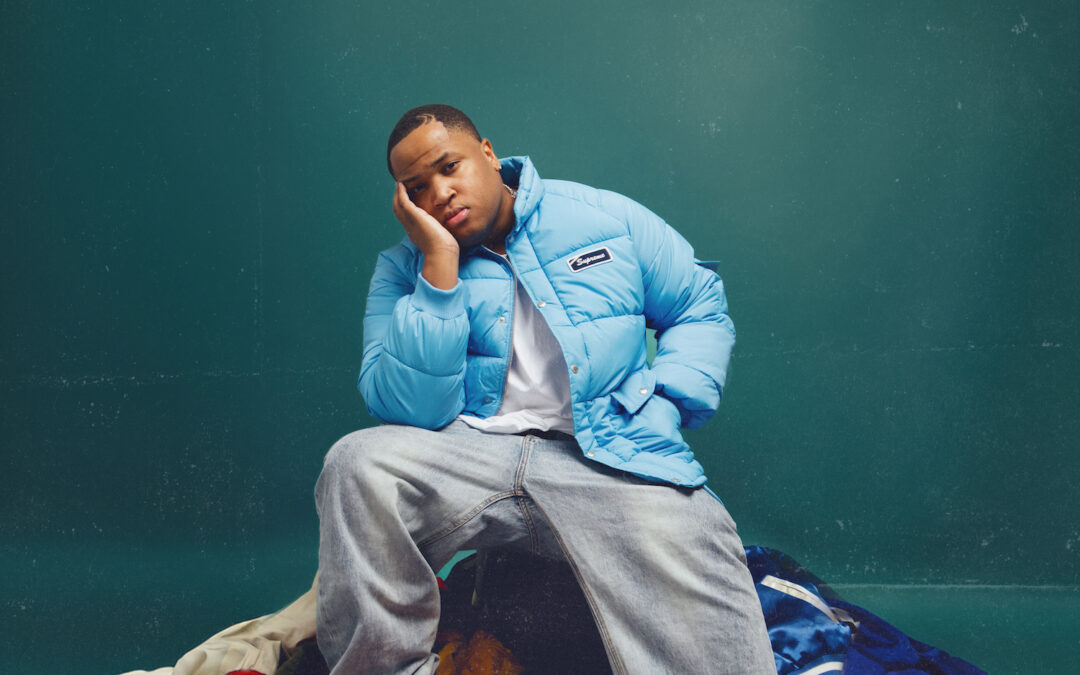
 25 year-old Aaron Cole started rapping when he was just three years old. Since then, he’s garnered the coveted Dove Award for New Artist of the Year, held 3 #1 singles on the Billboard Christian HOT AC/CHR chart and has had multiple sync uses including promos for ESPN and Fox Sports. His songs have also been featured in the Netflix original series, “On My Block” among other prominent sync placements.
25 year-old Aaron Cole started rapping when he was just three years old. Since then, he’s garnered the coveted Dove Award for New Artist of the Year, held 3 #1 singles on the Billboard Christian HOT AC/CHR chart and has had multiple sync uses including promos for ESPN and Fox Sports. His songs have also been featured in the Netflix original series, “On My Block” among other prominent sync placements.
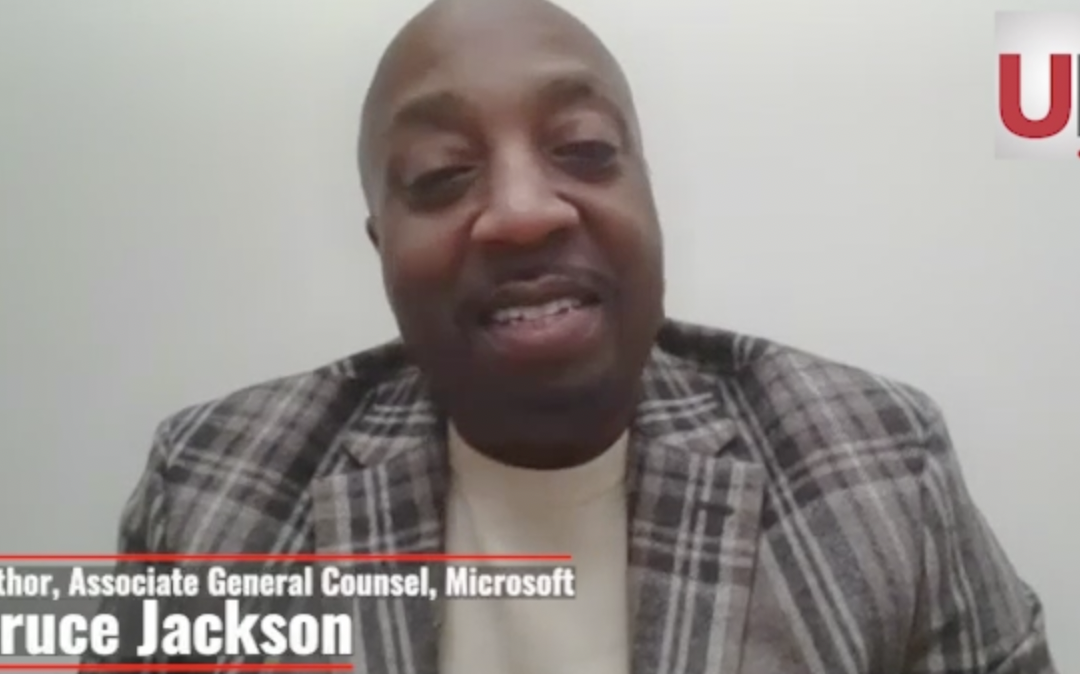
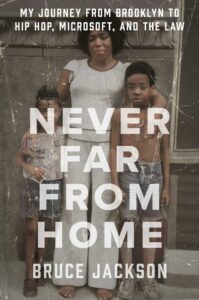
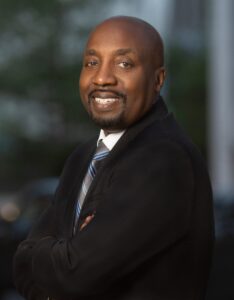
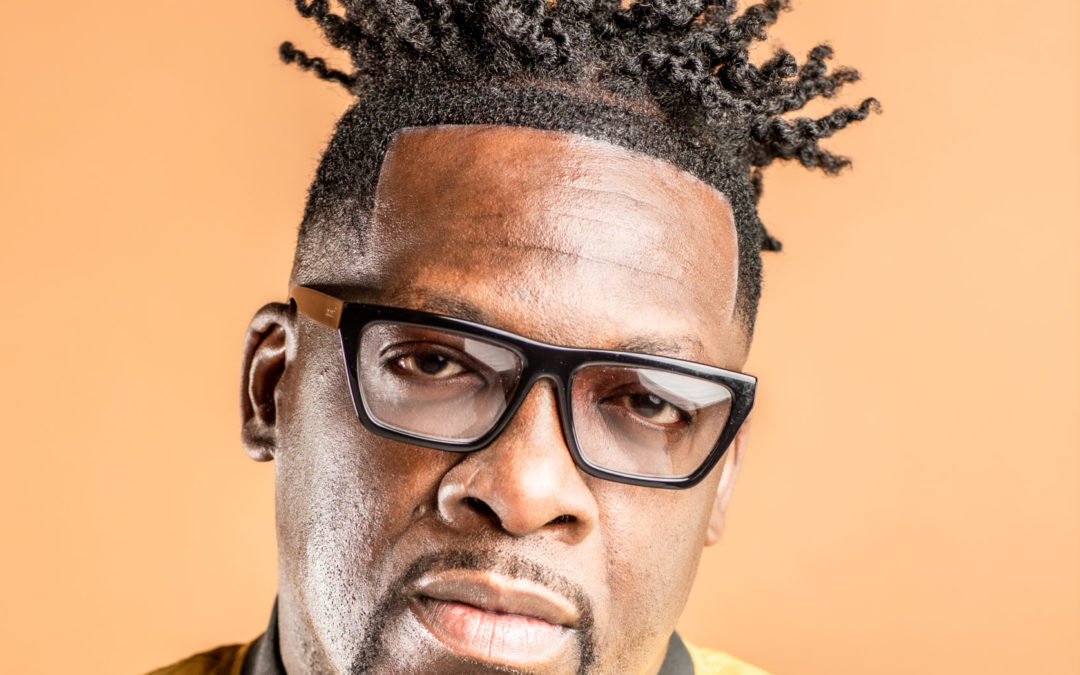
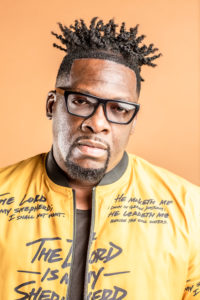 Our Gifts Should Honor God
Our Gifts Should Honor God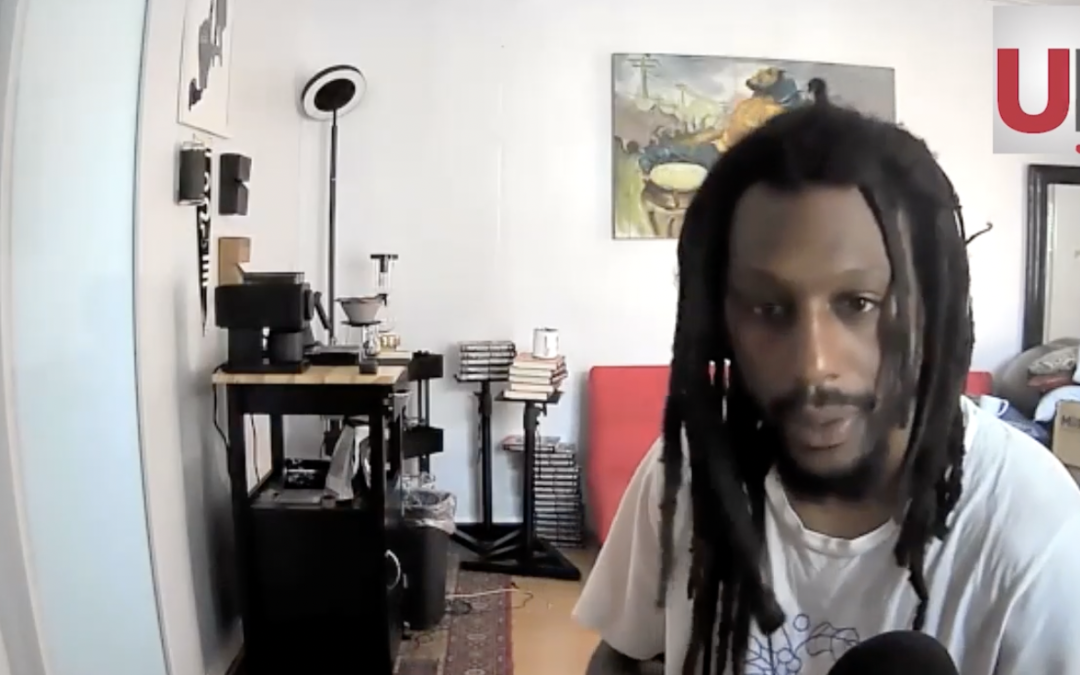
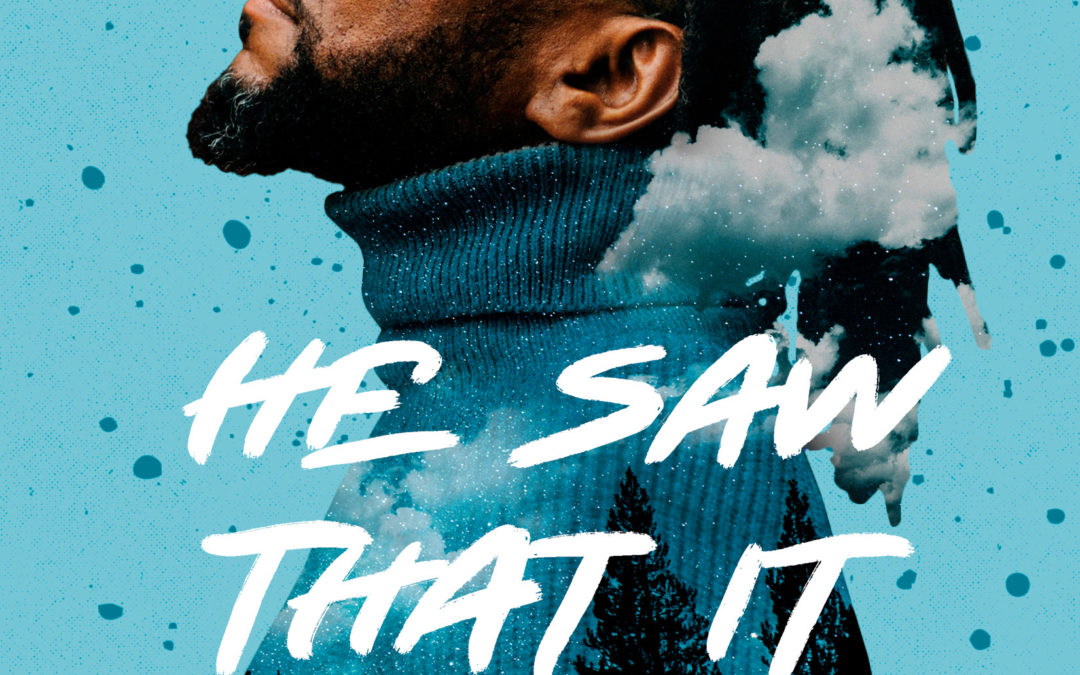
 As our world becomes more divided and we seek to reconcile with ourselves and our neighbors we know we need God more than ever. But how can we hear and follow God in the midst of our fractured reality in ways that are faithful and life-giving? UrbanFaith sat down with the artist, activist, and creative
As our world becomes more divided and we seek to reconcile with ourselves and our neighbors we know we need God more than ever. But how can we hear and follow God in the midst of our fractured reality in ways that are faithful and life-giving? UrbanFaith sat down with the artist, activist, and creative 